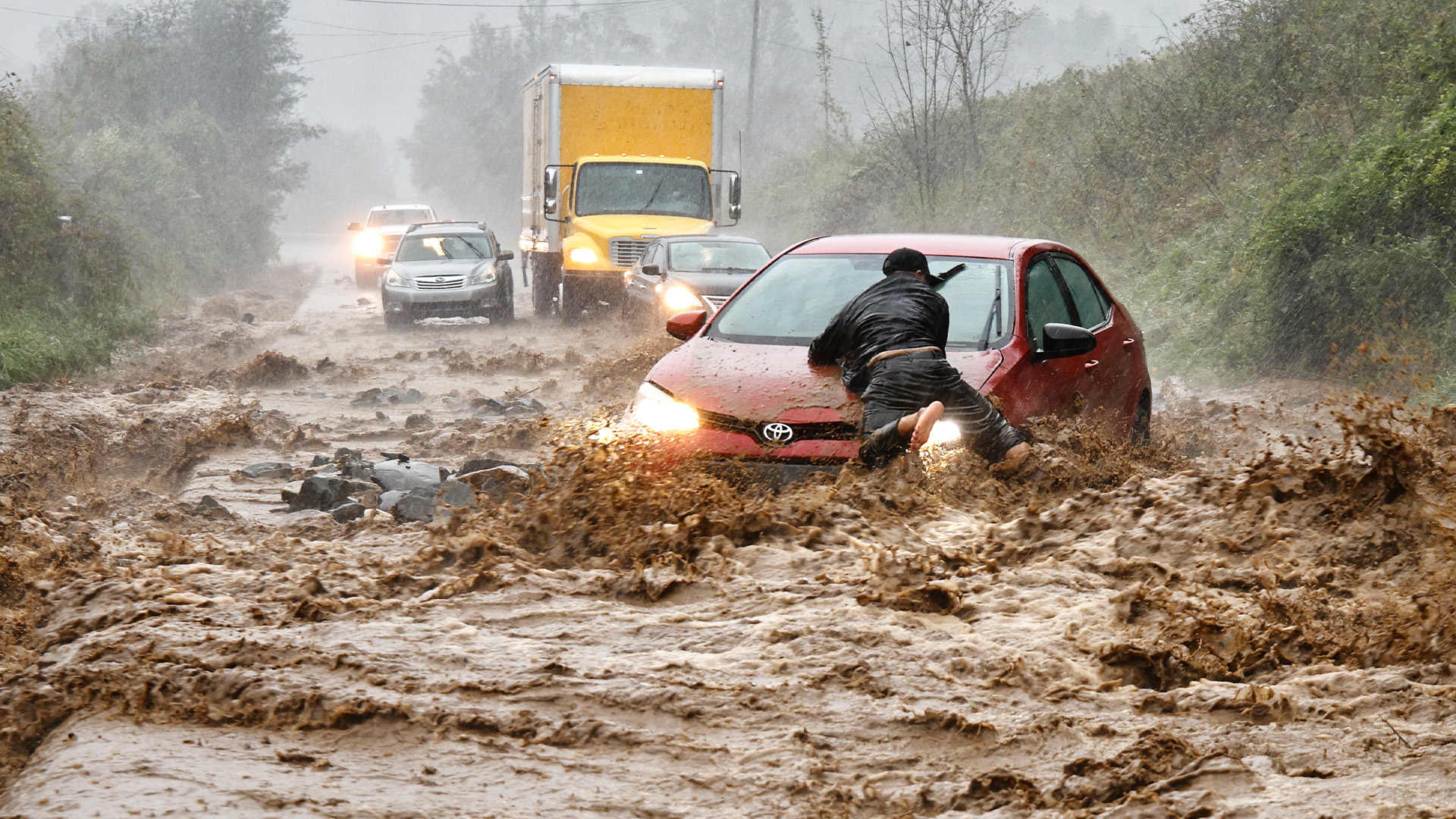Hopefully the trend continues..
You are using an out of date browser. It may not display this or other websites correctly.
You should upgrade or use an alternative browser.
You should upgrade or use an alternative browser.
Climate and Weather
- Thread starter espola
- Start date
A good use of an hour's time --

Warming atmosphere and warming oceans will mean more moisture dumping in mountainous areas and more serious flooding all the way to the ocean.

Superfloods
Find out why deadly flash floods are on the rise and how we can protect ourselves from them.
www.pbs.org
Warming atmosphere and warming oceans will mean more moisture dumping in mountainous areas and more serious flooding all the way to the ocean.
Multi Sport
DA
Actually a decent idea but I wonder how hot it gets under those panels..Solar panels on irrigation canals --
Multi Sport
DA
Data.GISS: GISS Surface Temperature Analysis (v4): Analysis Graphs and Plots https://share.google/PjDHppY36DwrXrcM2
Cooling trend...
Cooling trend...
Multi Sport
DA
Back in September:
AccuWeather stated in a release that it now forecasts 13-16 named storms and 6-9 hurricanes for the 2025 Atlantic hurricane season. The forecast for three to five major hurricanes and three to six direct impacts to the United States has not changed.
January 2026
Zero hurricanes hit the U.S. mainland in 2025; it was the first season since 2015 with no U.S. hurricane landfalls.
AccuWeather stated in a release that it now forecasts 13-16 named storms and 6-9 hurricanes for the 2025 Atlantic hurricane season. The forecast for three to five major hurricanes and three to six direct impacts to the United States has not changed.
January 2026
Zero hurricanes hit the U.S. mainland in 2025; it was the first season since 2015 with no U.S. hurricane landfalls.
Something from St. Carl --

 www.facebook.com
www.facebook.com

1.6K views · 72 reactions | Carl Sagan "Choosing Fantasy Over Reality" (Science Friday Radio Interview w/ Ira Flatow) ❤☮🌎 #carlsagan #science #reality | Saganism
Carl Sagan "Choosing Fantasy Over Reality" (Science Friday Radio Interview w/ Ira Flatow) ❤☮🌎 #carlsagan #science #reality
 www.facebook.com
www.facebook.com


